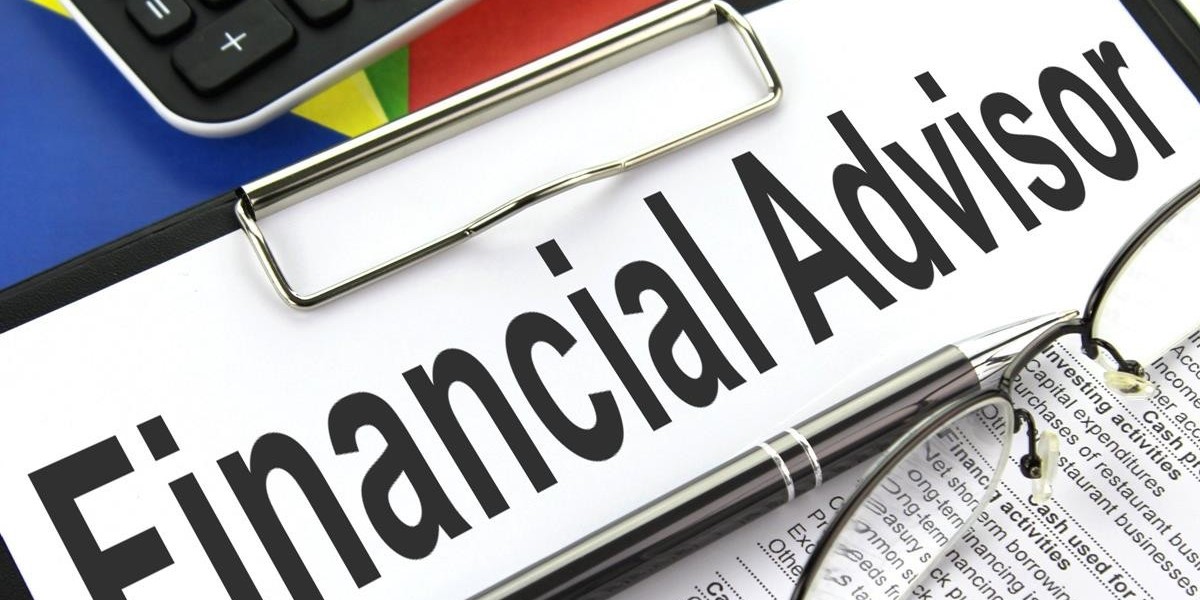Establishing a good financial future starts by learning the fundamentals of personal financial planning. Whether you are just starting your career or wanting to handle your income and expenses better, learning to plan your finances is among the best investments you can possibly make. A good plan allows you to make smart decisions, eliminate unnecessary debt, cover unexpected expenses, and achieve long-term goals.
In the UAE, where rent, school fees, and medical care constitute routine financial liabilities, possessing a formal financial plan is no longer a luxury but an absolute necessity. From management of income to identifying a proper life insurance policy in the UAE, every aspect of financial planning contributes to long-term stability and peace of mind.
Knowing Your Financial Position
The very first step in managing your finances is to know where you are. That involves measuring your current income, monthly expenses, debts, and savings. Track every dirham that comes in and every dirham that goes out. This simple but necessary process gives you a clear picture and allows you to visualize where you are spending more than you should or where you are not saving enough.
Once you have a sense of your cash flow, you can set reasonable financial goals and develop a plan to attain them.
Creating a Budget That Works
Budgeting is the foundation of any financial plan. A good budget is not limiting your lifestyle but determining your spending in accordance with your priorities. Jot down all your fixed expenditures such as rent, utility bills, and food, then allocate amounts for flexible expenses such as dining out or leisure activities.
Use the 50/30/20 rule as a benchmark: 50% for needs, 30% for wants, and 20% for savings or debt. Adjust the percentages to suit your needs but never leave out saving from the mix.
Setting Financial Goals
Your life goals should guide your financial goals. Do you want to own a home, begin a business, travel more often, or retire early? Divide each goal into short-term (less than 1 year), medium-term (1–5 years), and long-term (5+ years) categories.
After your goals are established, determine how much money is needed for each and create deadlines. This provides you with a reason to save and stays you on track.
Saving for an Emergency Fund
An emergency fund is essential. Life is unpredictable, and unexpected expenses—medical emergencies, car repairs, job loss—can derail your finances if you’re not prepared. Ideally, set aside at least three to six months’ worth of essential living expenses in a separate savings account.
Start small if needed. Even AED 500 a month adds up over time. The key is consistency and discipline.
Managing Debt Responsibly
Debt is not necessarily evil, but uncontrolled debt can destroy your finances. Understand the difference between good debt (home loans or education loans) and bad debt (high-interest credit card fees). If you do have debt, you should prioritize paying off the ones with the highest interest rates.
Don't borrow more money unless it generates value in your financial plan. If more than 30–35% of your income is going toward paying debts, it's time to reconsider your financial commitments.
Saving and investing
Saving is to keep aside money. Investing is to grow the money. Both are required. You can keep savings accounts, invest in mutual funds, or invest in real estate in the UAE. Choose instruments based on your risk tolerance and goals.
Don't wait for the "perfect moment" to invest. The earlier you invest, the more time your money has to grow. Even small regular investments will generate good returns over the long term, due to compounding.
The Role of Insurance in Financial Planning
Protection is an integral but often under-appreciated part of individual financial planning. Your loved ones would be secure financially in the event of an unexpected loss with a life insurance policy in the UAE. Choose a policy that suits your dependents' future needs, your income, and existing liabilities.
Some policies also offer investment value, with protection mixed in with long-term savings. Explore possibilities with an approved advisor suited to your situation.
Early Retirement Planning
Retirement is far away, but the early you plan, the brighter your future will be. Begin by estimating how much you will be able to earn when you retire. Look at inflation, medical costs, and lifestyle.
Even if your employer company does not offer a pension scheme, you may begin building your retirement corpus through private savings and investments. Find tax-efficient savings instruments and revisit your retirement plan every two or three years as your life conditions and income vary.
Smart Financial Habits to Build
Success in finance is by small, consistent steps. Set up automatic transfers into your savings account. Review your budget monthly. Monitor expenses through financial apps. Avoid impulse purchases. Learn about financial instruments and market trends.
Most critically, involve your family in financial discussions. Shared objectives generate shared discipline and improved financial outcomes.
Final Thoughts
Mastery of personal financial planning is not perfection. It's improvement, consciousness, and power. Your own needs will change as you move forward in your career and life. A fluid, educated plan will navigate those changes with confidence.
At Sijomathews, we believe that sound financial decisions begin with correct advice. We aim to help individuals and families in the UAE make more informed decisions, safeguard their wealth, and ensure a financially secure future. Reach out to us when you are ready to take one step toward financial freedom and clarity.






